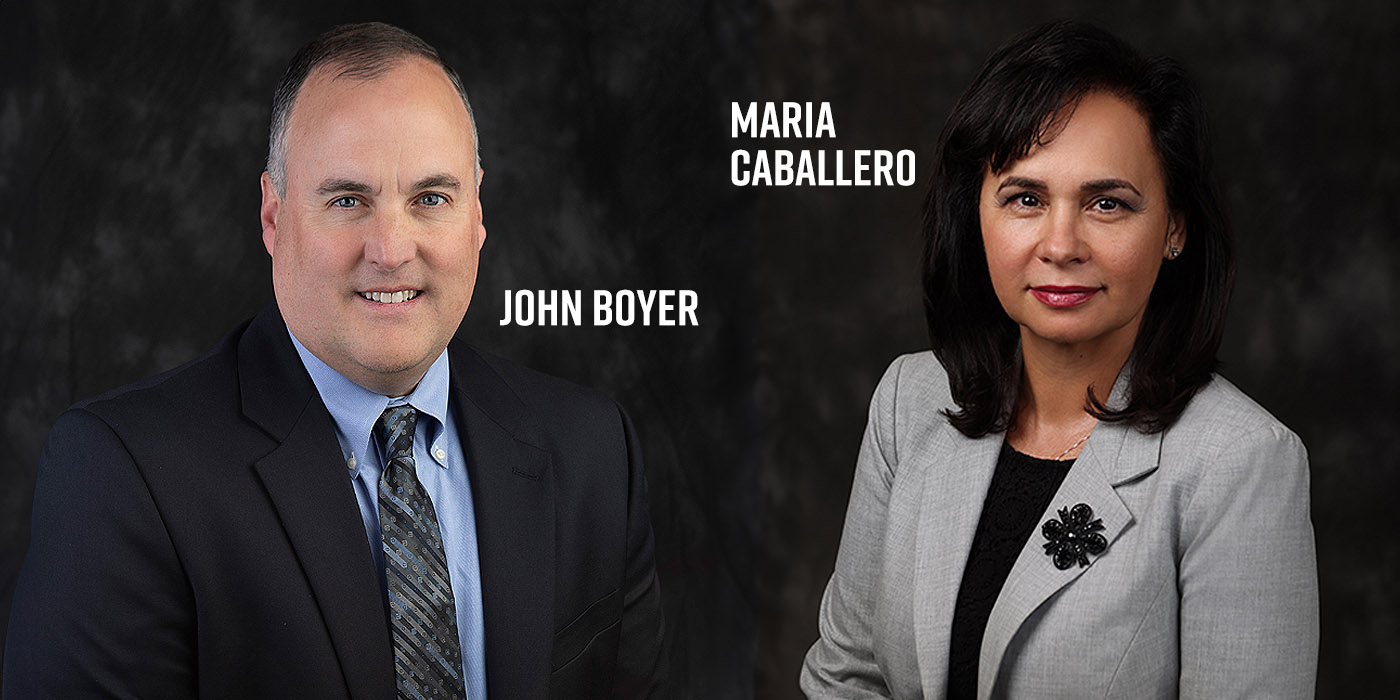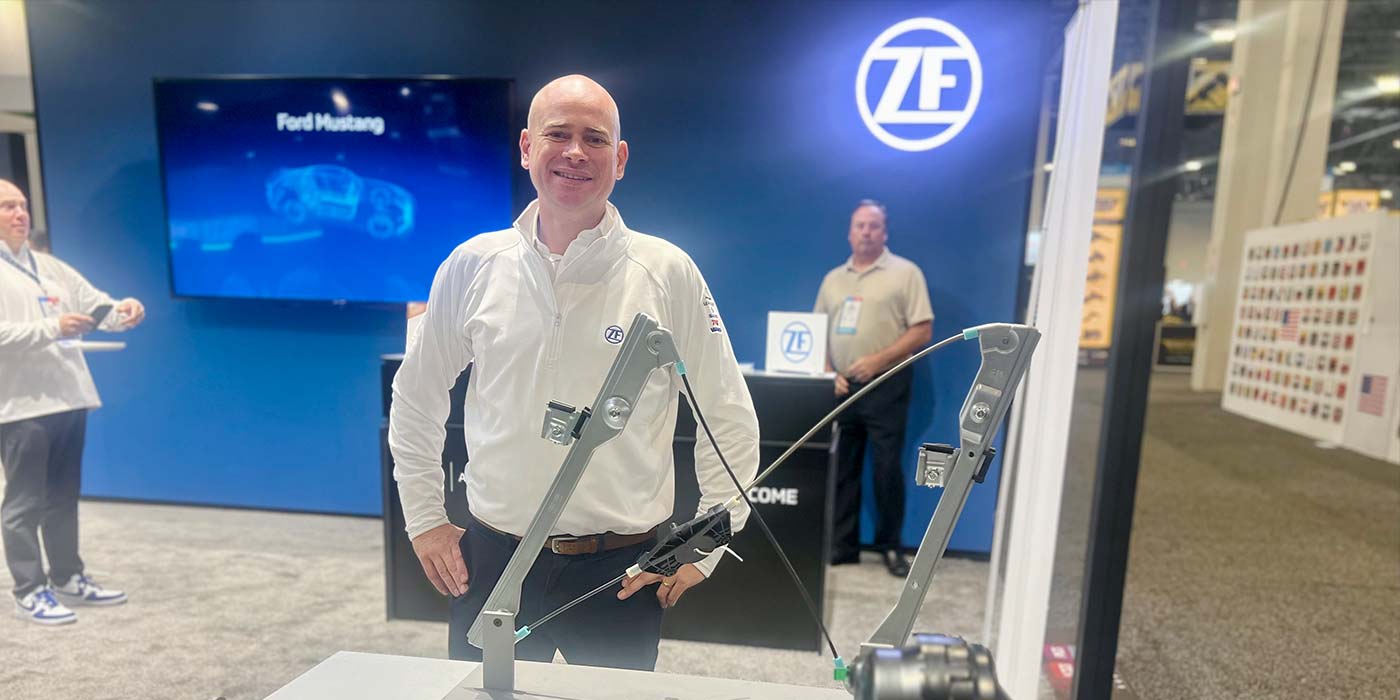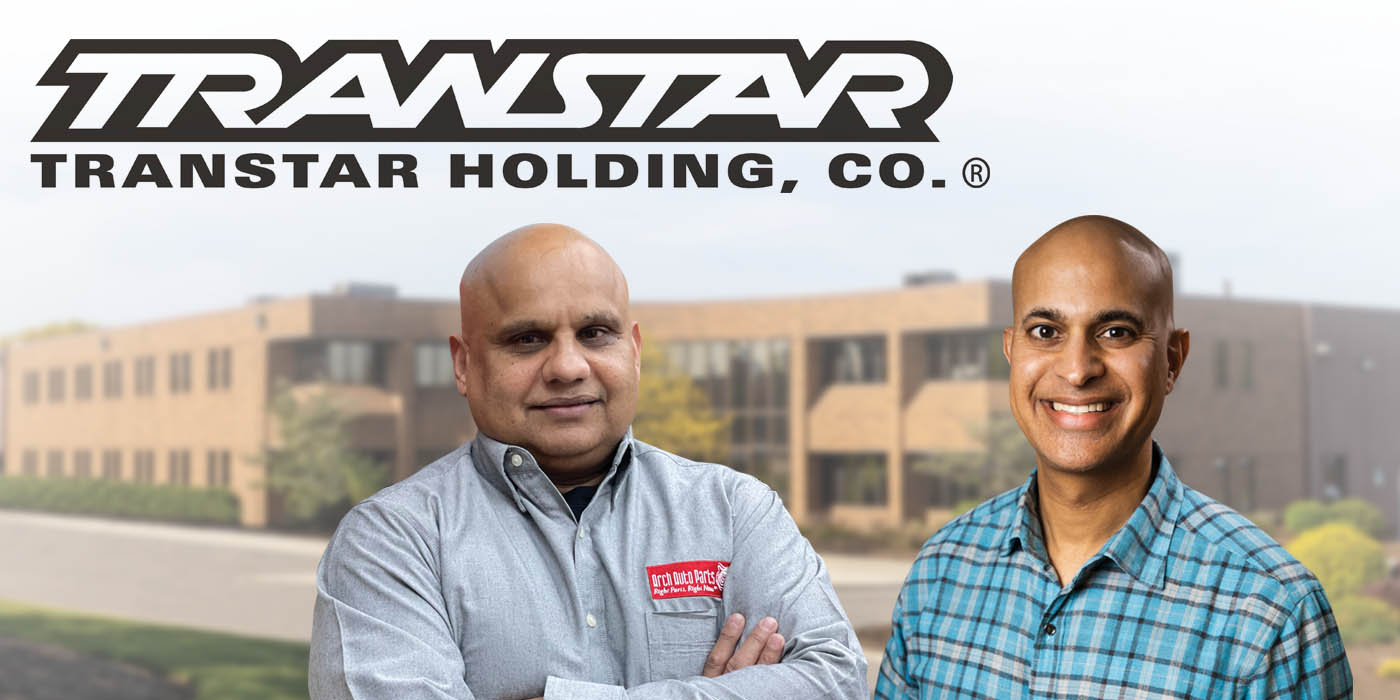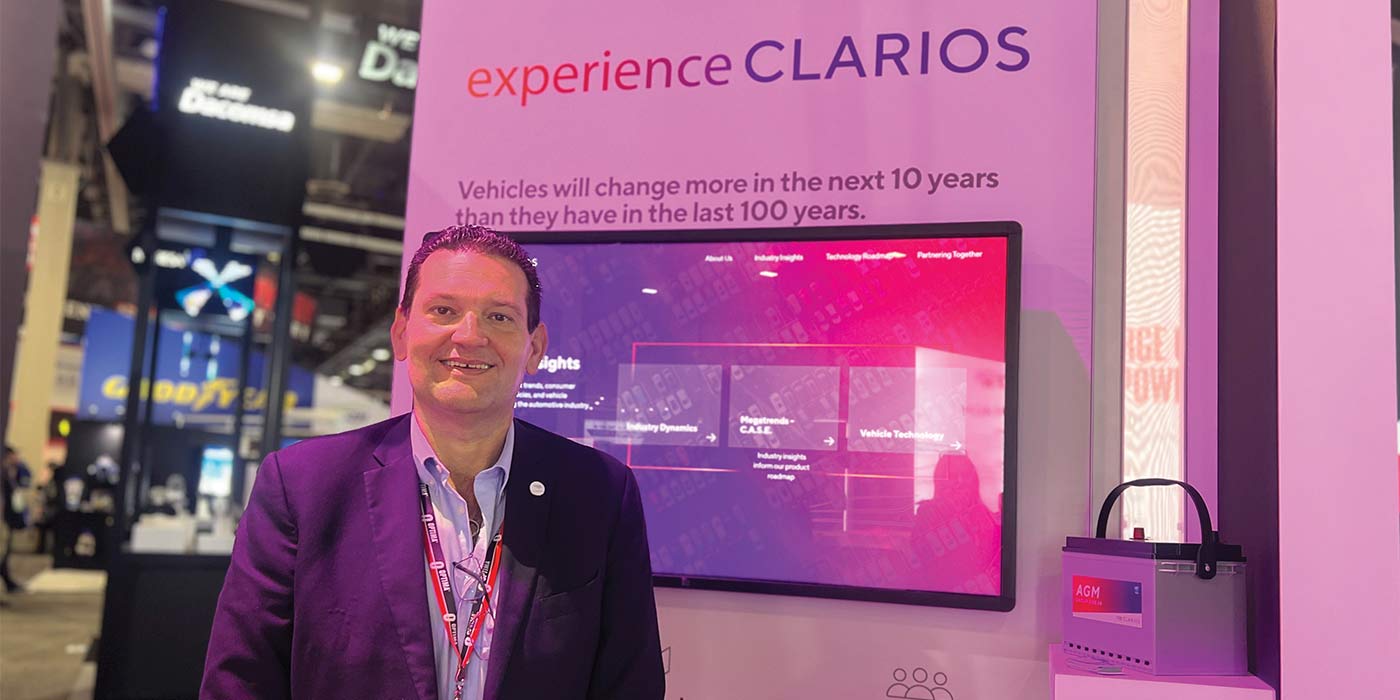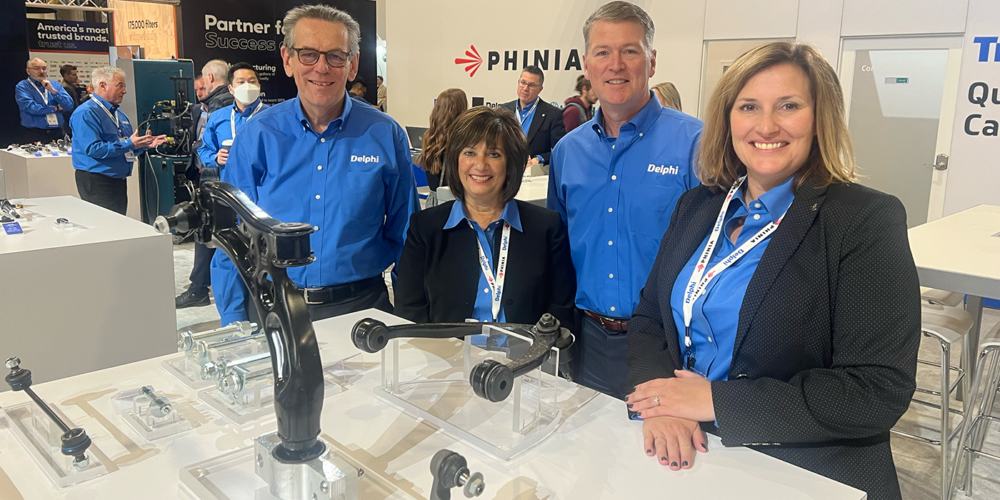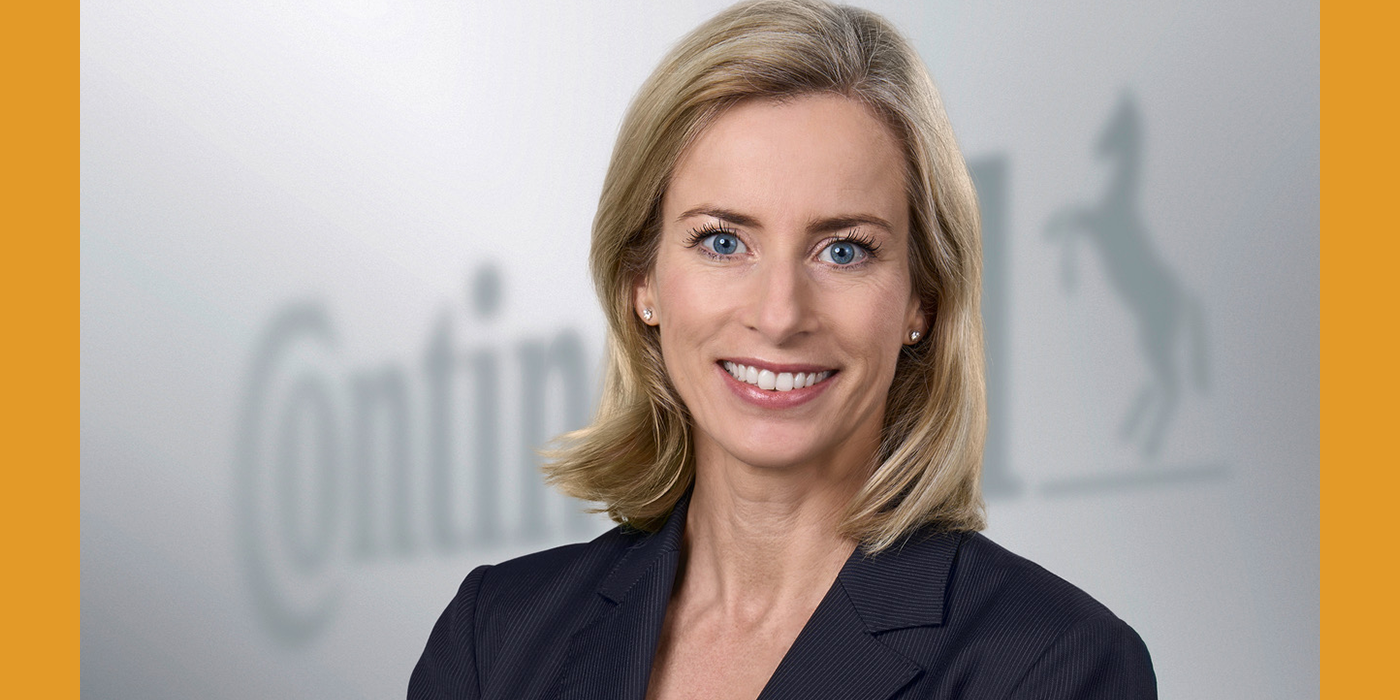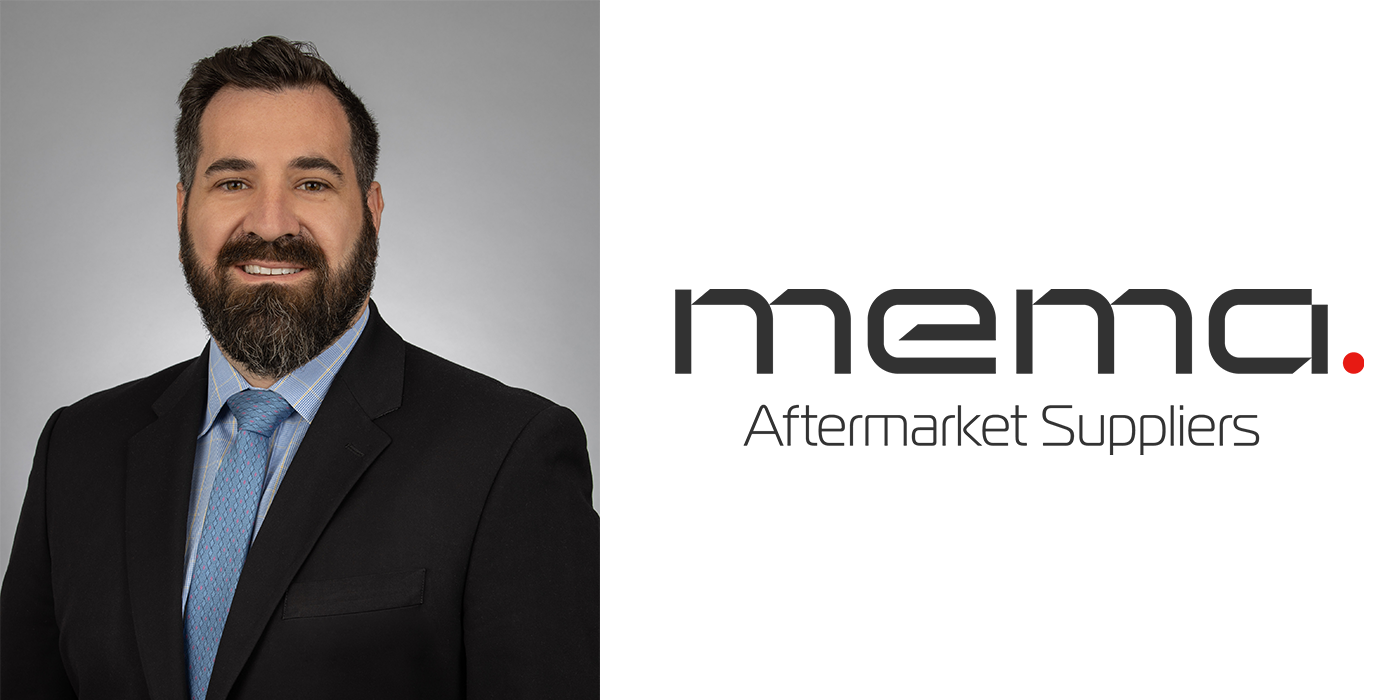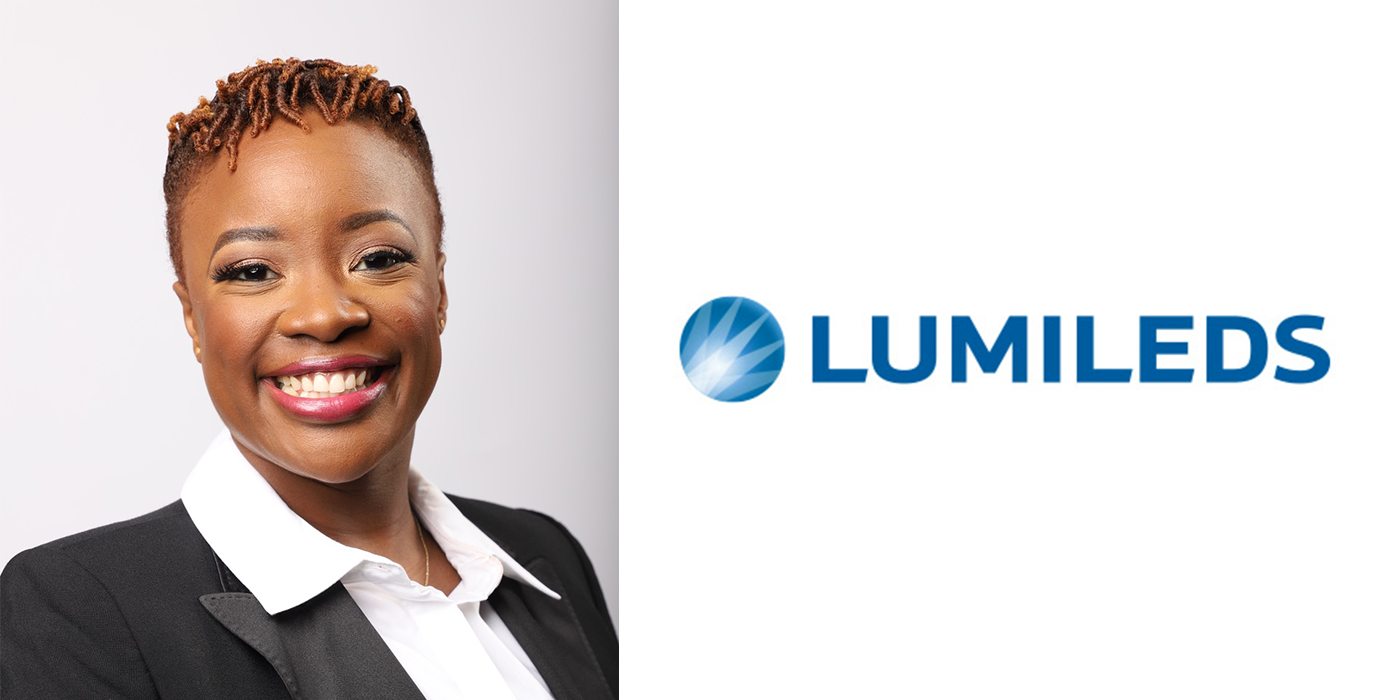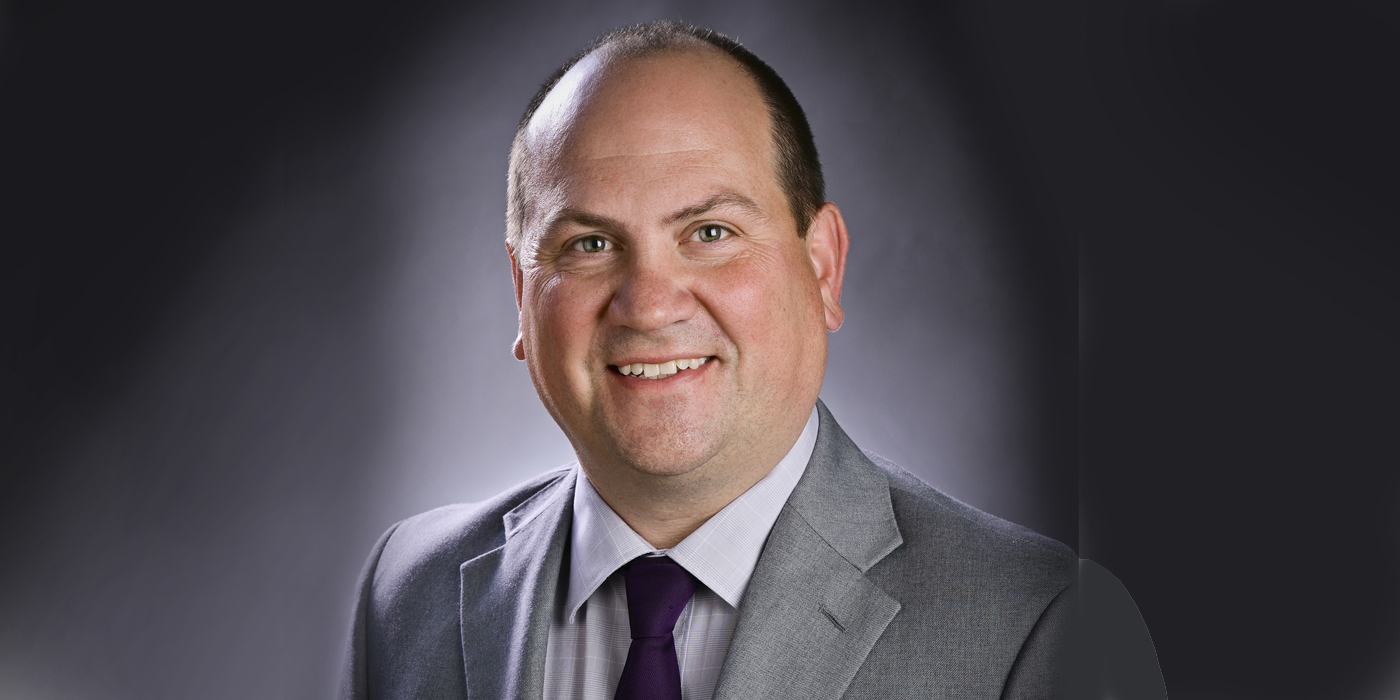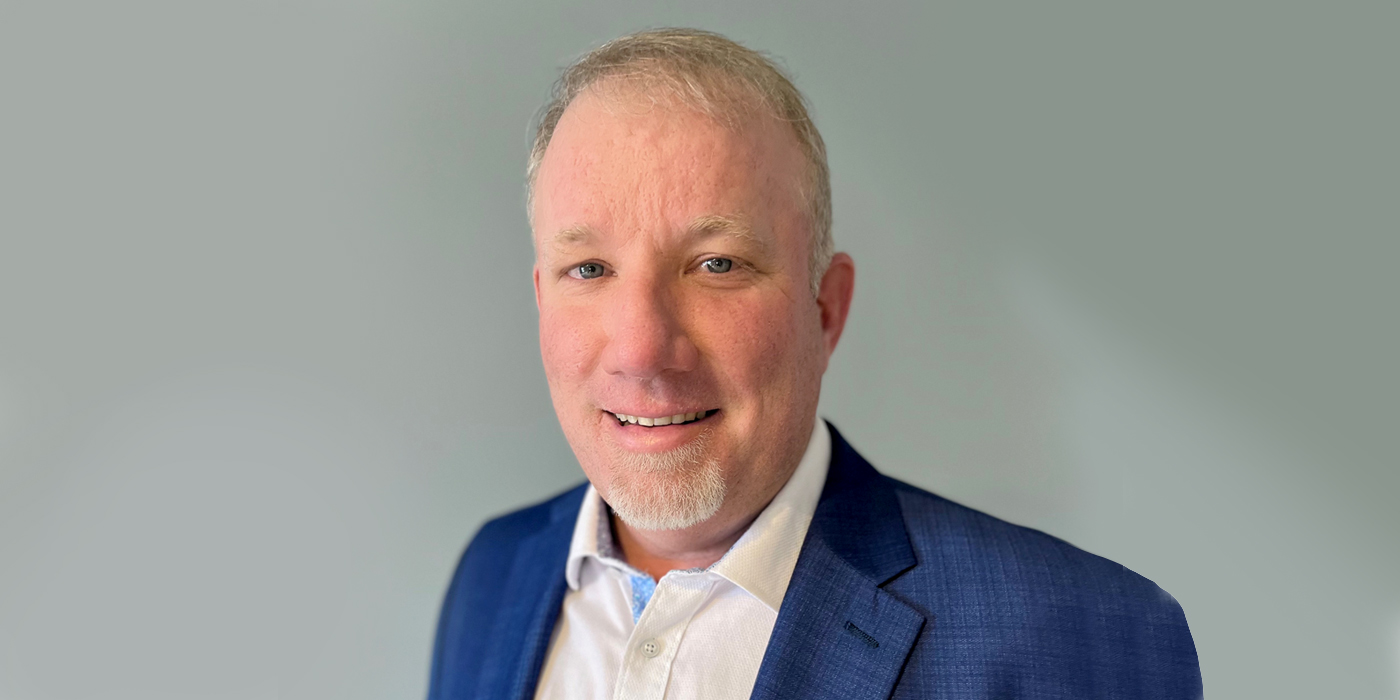 Today on AMN, we are featuring a recent interview with Larry Pavey, CEO of Automotive Parts Services Group (The Group), who shared thoughts on the organization’s keys to success. Pavey’s interview is part of the annual Program Groups Overview published in the June issue of Counterman magazine, a sister publication to aftermarketNews. Stay tuned next week for more interviews from the annual Program Groups feature.
Today on AMN, we are featuring a recent interview with Larry Pavey, CEO of Automotive Parts Services Group (The Group), who shared thoughts on the organization’s keys to success. Pavey’s interview is part of the annual Program Groups Overview published in the June issue of Counterman magazine, a sister publication to aftermarketNews. Stay tuned next week for more interviews from the annual Program Groups feature.
What is one thing you want those working at either the warehouses – as drivers, category buyers – or on the counter to know about the keys to being successful today in the independent automotive aftermarket?
Each and every job in an organization affects customers. It may be a direct impact, such as face-to-face or phone interaction, or indirect, like pulling an order or handling accounts receivable. Regardless, everyone in the company has an effect on the value of their business through their dedication to customer service and satisfaction. Employees are the biggest differentiator that a company has and their dedication and concern for customers makes a huge difference.
There are many ways an employee can add value, from simply having a positive, helpful attitude to investing in themselves through added training, new skills or expertise. In our industry, we all have the ability to enhance our own personal value by focusing on continuous improvement in all we do. So, whatever the job at hand, the key is to do your best and always look for ways to improve that will benefit your company and its customers. Every business has competition and every small advantage can make a difference, so anything you can do to add value will help make you and your company more successful.
What does the aftermarket need to do to compete – or can it – against vehicles that are increasingly technologically advanced and more difficult to repair and new car dealerships that are adept at luring customers back for service, not knowing they have less-expensive options?
The auto care industry has served the motoring public for almost 100 years with technicians and shop owners using their entrepreneurial spirit and unique talents as small business owners to adapt to constant change. They have seen many technology changes driven by performance, legislative or environmental factors, and while vehicle technology is changing at the speed of light today, they will continue to adapt effectively given a level playing field and equal opportunity.
The aftermarket has always been a community where participants help each other with sharing of information and experience, and this will continue to be important. As an industry, we must support education and technical training initiatives of the integrated electronics found in most major vehicle systems today. Through dedicated suppliers and distributors, training and technical information can be provided at low or no cost to help customers improve skills and stay up-to-date. For example, The Group has developed The Group Training Academy to serve Federated and Pronto members and their customers with a single technical training web portal. This effort will grow and be enhanced to meet customer needs.
With the advanced electronic content and integrated software in today’s vehicles, it is becoming much more difficult to obtain data for and from the vehicle. We need to work together to ensure that information is available for aftermarket participants to compete effectively and should support legislation to protect the consumers’ right to own the data from the vehicles they purchase. As in other industries, we need car manufacturers to embrace the aftermarket as an important part of their customer service efforts, because if the ability to read repair codes or reprogram computers is limited, it will have an adverse effect on the entire automotive industry from an affordability and convenience standpoint. The aftermarket has served the car manufacturers and their customers well for many years and will continue to do it effectively given the opportunity.
What is one thing that is least known about your group?
The Automotive Parts Services Group is only about 18 months old, so there is probably a great deal that is not known about us. APSG, or The Group, is owned equally by Federated Auto Parts and National Pronto Association and was established to work jointly in areas that benefit members, suppliers and customers of both program groups.
Our main focus is in areas such as training and education, IT and data, national accounts and other initiatives where working together brings added value to all constituents. Our goal is to assist and provide value to more than 150 family-owned businesses that compete with much larger competitors by utilizing the combined resources and expertise of Pronto and Federated. These member companies work with valued supplier partners to support the needs of quality repair outlets that serve motorists who depend on their vehicles. Through this collaboration of efforts and resources, we can focus on the future needs of all constituents and embrace the one constant in our industry: change. With enhanced vehicle technology, integrated electronic interfaces and an explosion of information and data requirements, the aftermarket is becoming much more collaborative. We have taken the first steps in an exciting journey.


